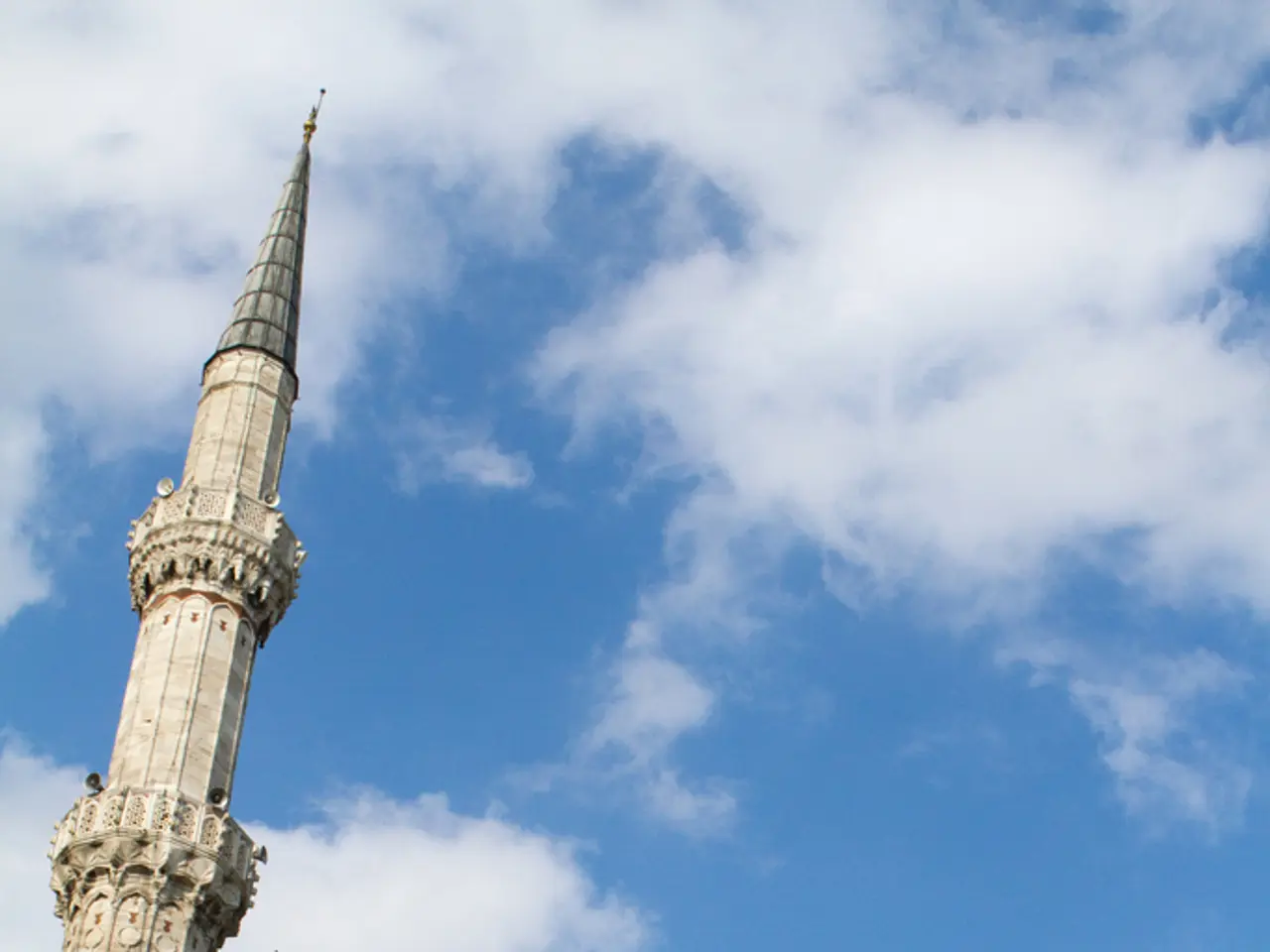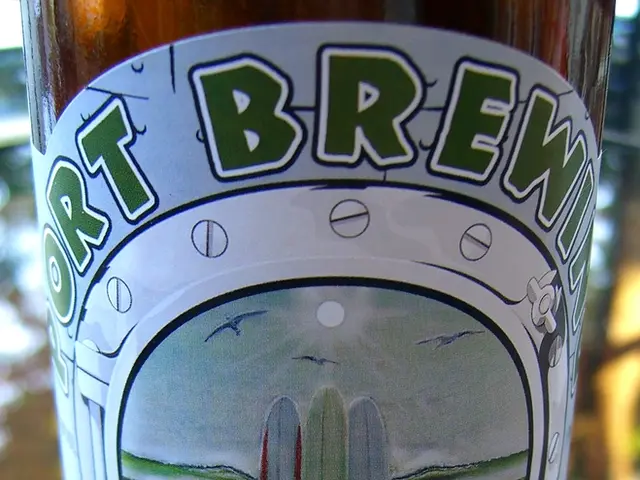"Israel now controls this region, specifically Southern Lebanon, which poses a buffer between Tel Aviv and potentially endangers local civilians."
In the strategically significant and tense Arkoub region, the village of Kfarchouba continues to be a hotspot of conflict, marked by ongoing military vigilance and sporadic episodes of violence. This area, situated near the tri-border region of Lebanon, Syria, and Israel, has been a flashpoint for cross-border incidents involving Hezbollah, the Lebanese Armed Forces, the Israeli Defense Forces (IDF), and occasionally Syrian factions.
The mayor of the Arkoub villages, Qassem al-Qaderi, is a 70-year-old leader of the predominantly Sunni communities near the southernmost tip of Lebanon. After returning to the area following the war, he has observed changes in the landscape, including the uprooting of his olive trees, a symbol of the region's agriculture and heritage.
Despite the challenges, the mayor celebrated Eid on rubble but expressed happiness that many people have returned to the area. However, he also expressed regret that it seems as if nature is also being targeted in the conflict. The Jebel al-Sheikh peaks, which mark the border separating Syria, Lebanon, and Israel, have witnessed the destruction of the natural landscape, with the village of Kfarchouba beginning at the base of these peaks.
The security situation in Kfarchouba remains volatile, with both Israel and Lebanese factions, including Hezbollah, increasing surveillance and security operations in and around the village. Intermittent military activity has resulted in restricted movement, damage to infrastructure, and limited economic development for local communities.
The unresolved tensions and absence of a formal peace treaty between Israel and Lebanon, as well as the regional instability caused by the Syrian conflict, contribute to the persistence of military alertness and border skirmishes. Occasional indirect talks mediated by international parties aim to stabilize the border and prevent escalations around this area, though progress remains fragile.
Despite the challenges, the resilience of the people of Kfarchouba and the Arkoub region is evident in their continued presence and determination to rebuild their lives amidst the ongoing geopolitical tensions.
- The ongoing military vigilance and sporadic episodes of violence in the Arkoub region, particularly in Kfarchouba, are not just a matter of local politics but also general news, given the involvement of regional powers like Hezbollah, the Lebanese Armed Forces, the Israeli Defense Forces, and Syrian factions.
- The destruction of the natural landscape in the Jebel al-Sheikh peaks, which mark the border separating Syria, Lebanon, and Israel, and the damage to infrastructure in Kfarchouba, illustrates how the politics of this strategically significant region have extended to encompass not just the people, but also the land and its resources.






